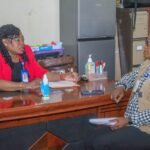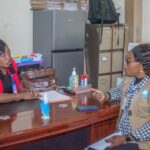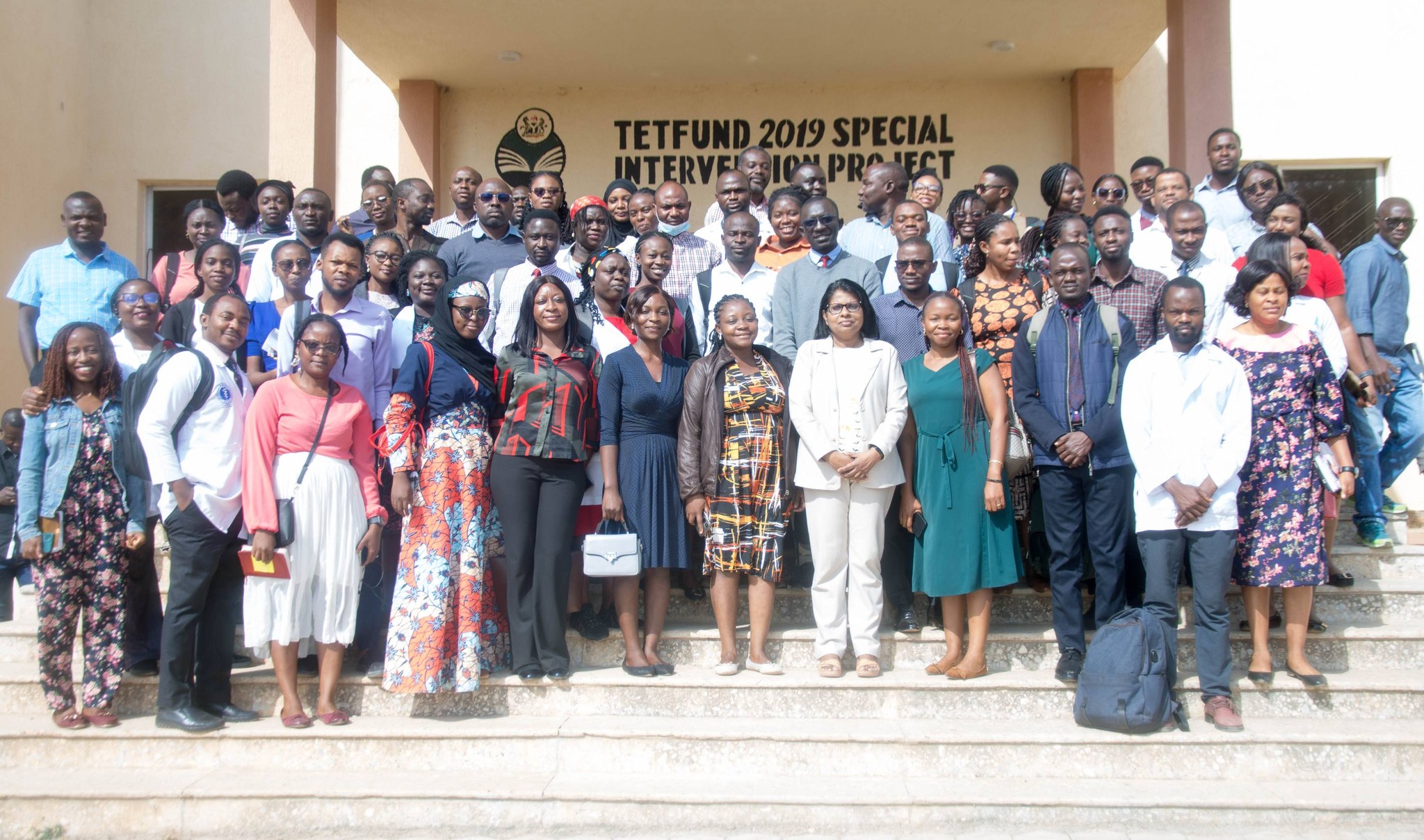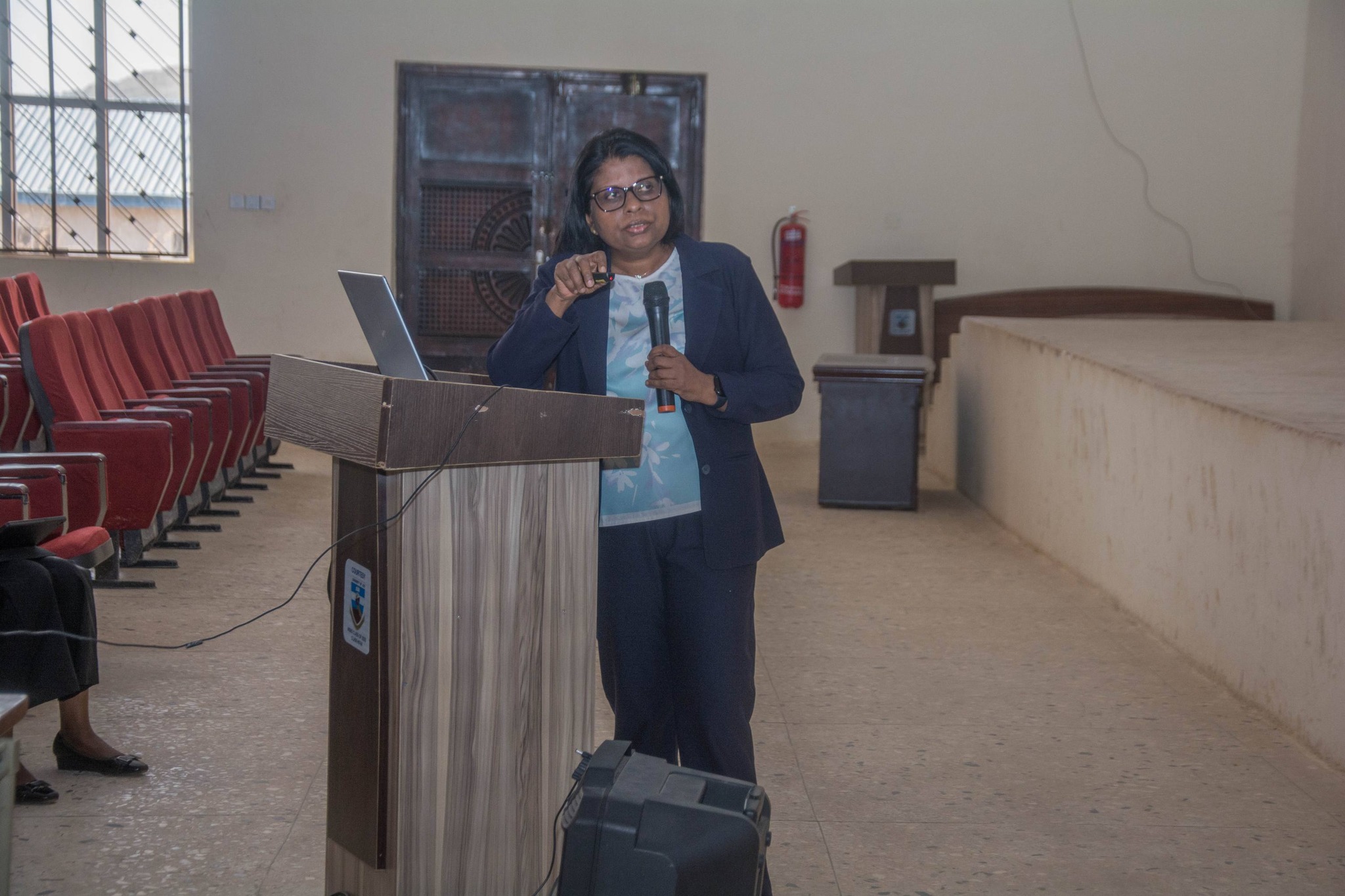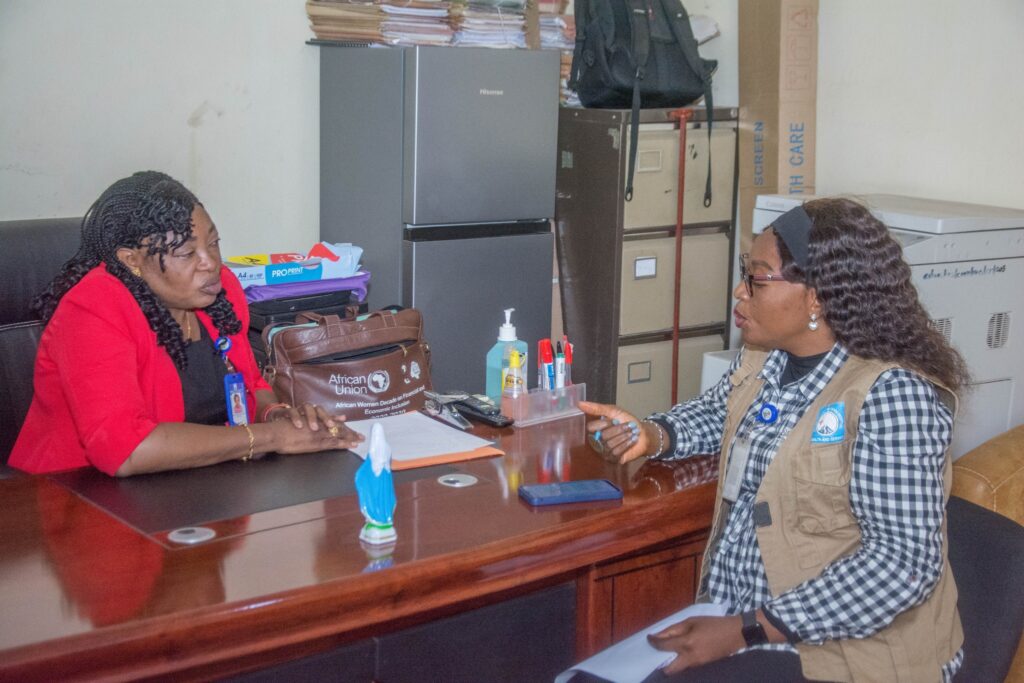
In a healthcare system often focused on treatment, few voices speak as powerfully about prevention as Professor Hadiza Agbo, Head of Community Medicine at Jos University Teaching Hospital (JUTH). With decades of experience and a deep passion for community engagement, Prof. Agbo is not only guiding her department in transforming how healthcare is delivered but also reshaping how it is perceived starting from the hospital corridors to the most underserved rural communities.
In this interactive session, she walks us through her journey and the critical role community medicine plays in delivering preventive care, health education, and impactful outreach.
INTERVIEW
Q: Tell us about your background and interest in community medicine.
A: I’m Professor Hadiza Agbo, currently leading the Department of Community Medicine at JUTH. My love for this field lies in its preventive focus—addressing diseases before they spread, correcting societal health myths, and enabling meaningful research.
Q: How does your department support JUTH’s mission?
A: We run internal clinics focused on prevention and lead external outreach programs. These include malaria and tuberculosis campaigns, community health education, and contact tracing.
Q: What does a typical outreach look like?
A: Each month, our team visits rural communities, offering health talks on cancer, malaria, accident prevention, and more. We address their concerns and ensure follow-up when needed.
Q: How do your hospital services align with outreach?
A: They’re interwoven. Our hospital clinics provide early detection and education, while outreach brings this same care directly to the people.
Q: What public health initiatives are you currently working on?
A: We’ve addressed malaria, sickle cell awareness, female genital mutilation, and child abuse. All interventions are customized based on community feedback.
Q: How do you reach the underserved?
A: We focus heavily on rural areas—teaching school health, nutrition, immunization, and bed net use. We prioritize areas with low government presence.
Q: Any memorable success stories?
A: One was changing perceptions about sickle cell in a misinformed community. In another, bed net use significantly reduced malaria cases and school absenteeism.
Q: Who are your key collaborators?
A: We work with state bodies, NGOs, and international agencies like WHO. Partnerships include vaccine evaluations, outbreak response, and infection control.
Q: Why is health education so central to your work?
A: It empowers. Every clinic visit and outreach includes education sessions. We even use feedback boxes to capture anonymous concerns and respond accordingly.
Q: How do you ensure good patient experience?
A: By training staff, involving interns, and strengthening local health centers. Feedback is always welcomed to ensure patients feel heard and valued.
Q: What’s next for the department?
A: We’ve launched the Well Persons Clinic, offering routine health checks affordably. We’re also expanding into occupational health services, with birthday health check-ups as a unique initiative.
Q: Final thoughts for the public and the media?
A: Prevention is better than cure. Regular checkups save lives. We invite the media to help promote our Well Persons Clinic and join hands for awareness programs.
Prof. Hadiza Agbo is telling the public that community medicine is not just about treating illness. It’s about building healthier societies through foresight, empathy, and grassroots connection.

